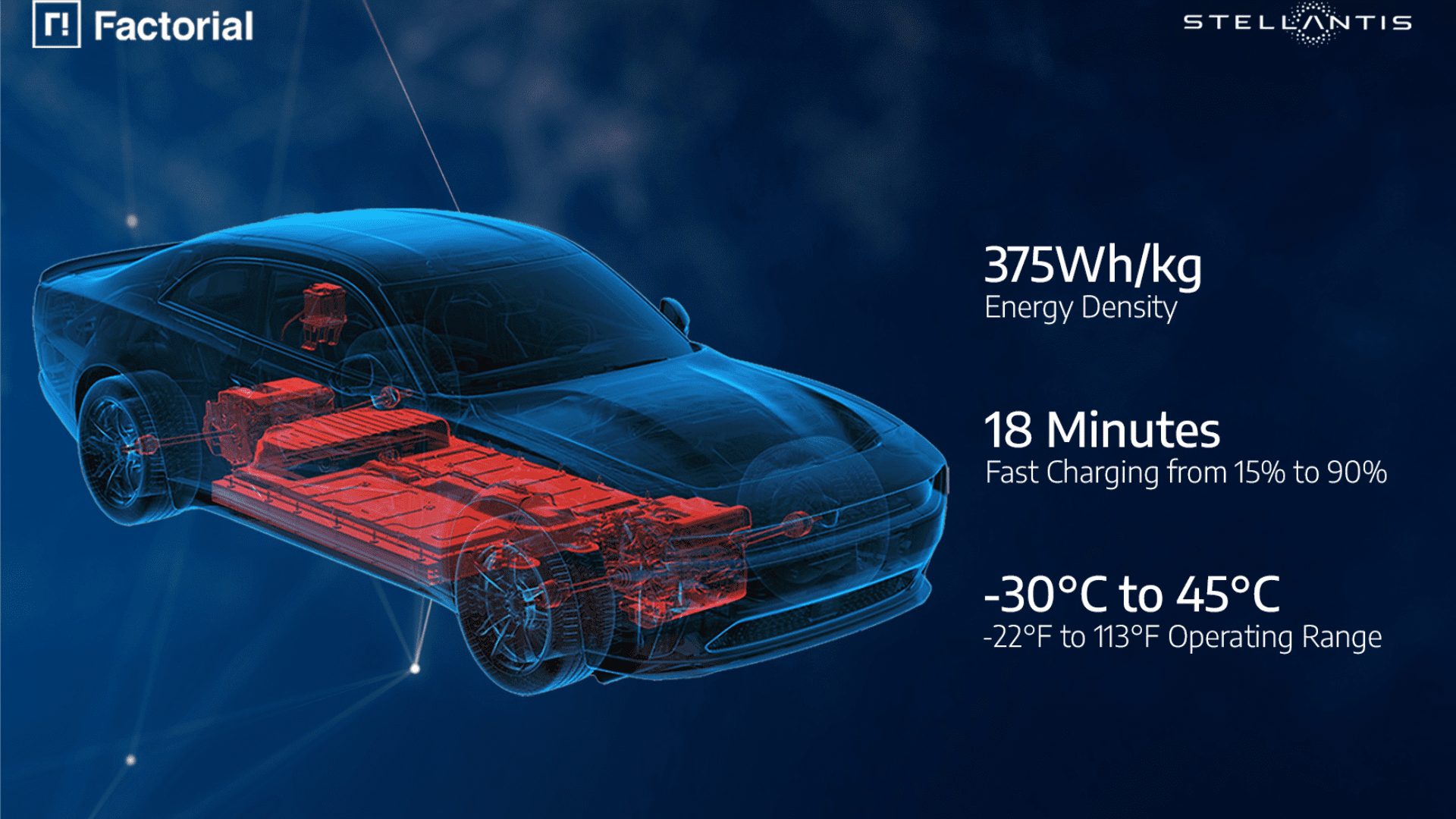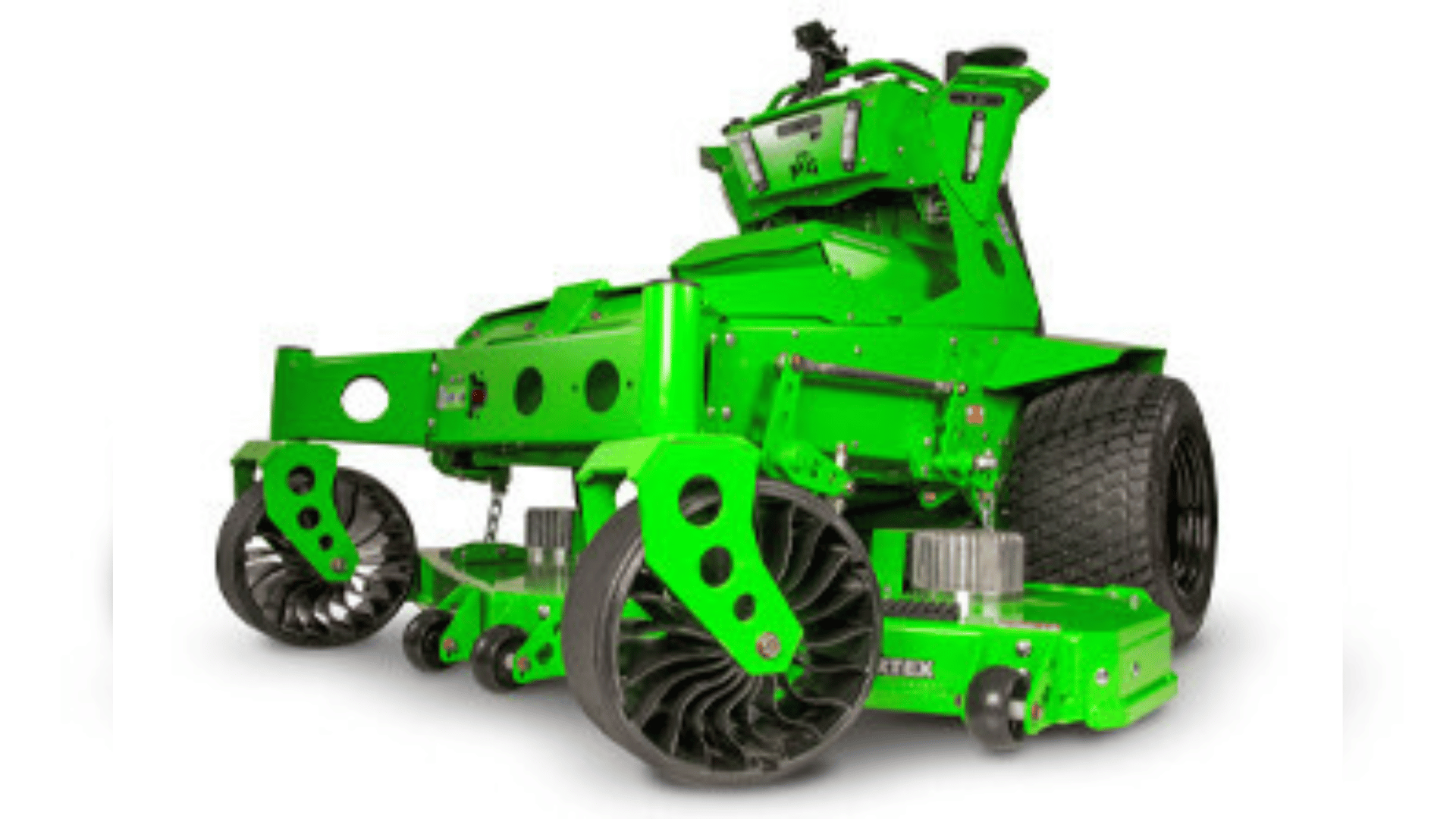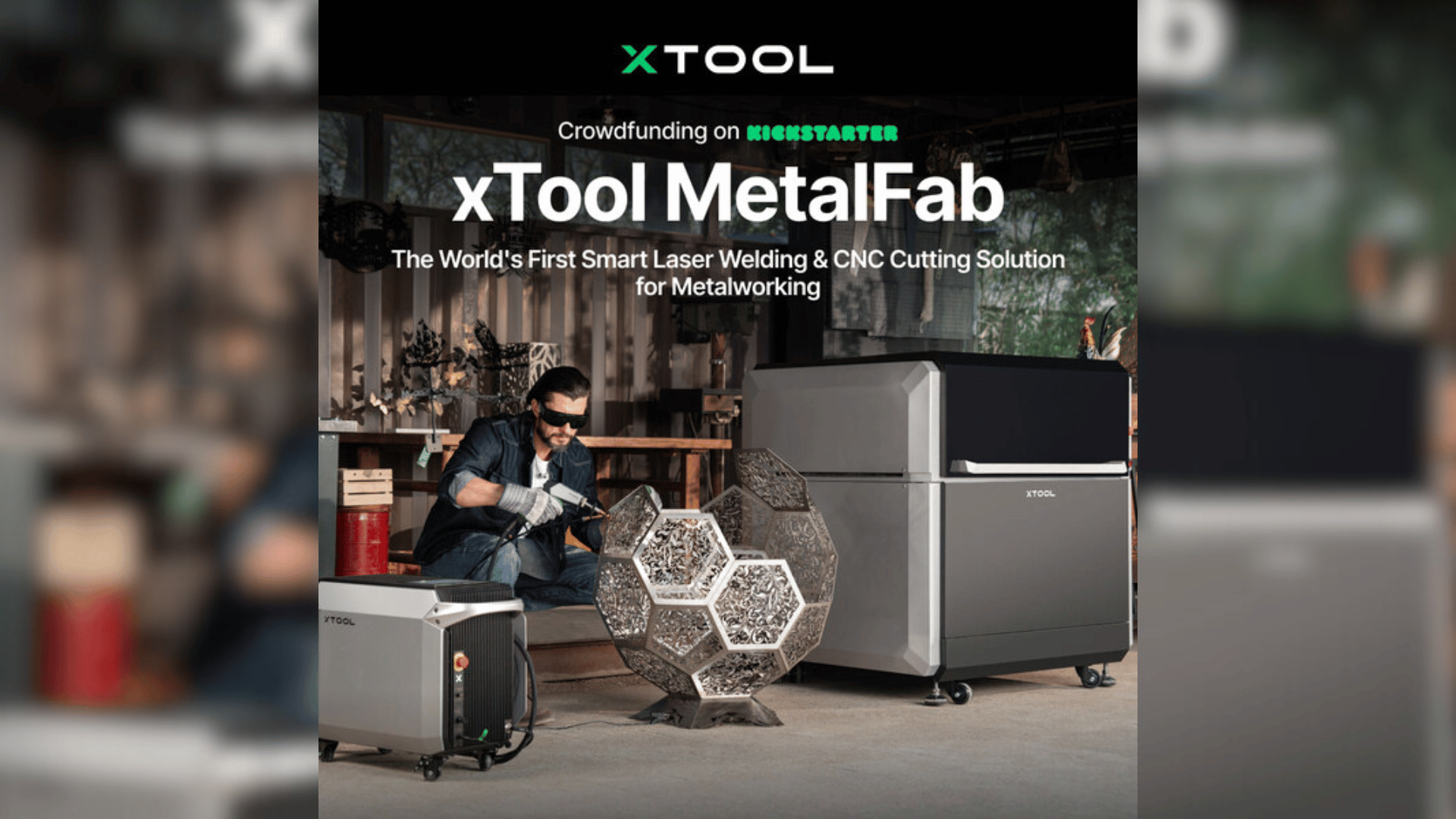Automaker Stellantis and battery manufacturing startup Factorial Energy (Factorial) took significant steps towards commercializing solid-state batteries for electric vehicles. The companies reportedly “validated” Factorial’s automotive-sized FEST (Factorial Electrolyte System Technology) solid-state battery cells.
Commercializing Solid-State Batteries

The two companies demonstrated the 375Wh/kg energy density of the automotive-sized solid-state battery cells, which company officials call a “major step toward commercial use.”
Reaching this level of performance reflects the strengths of our collaboration with Factorial,” said Ned Curic, Stellantis Chief Engineering and Technology Officer. “This breakthrough puts us at the forefront of the solid-state revolution, but we are not stopping there. We continue working together to push the boundaries and deliver even more advanced solutions, bringing us closer to lighter, more efficient batteries that reduce costs for our customers.”
Factorial used its “scientific engineering” and AI-driven tools to develop an electrolyte formulation that reportedly allows the battery to perform in an extremely wide range of temperatures, ranging from -22°F to 113°F. According to Stellanis officials, the temperatures surpass this battery’s previous limitations and “opens the possibility for better performances across various climates.”
Factorial Energy executives call this technology a breakthrough.
“Battery development is about compromise. While optimizing one feature is simple, balancing high energy density, cycle life, fast charging, and safety in an automotive-sized battery with OEM validation is a breakthrough,” said Siyu Huang, CEO of Factorial Energy. “This achievement with Stellantis is bringing next-generation battery technology from research to reality.”
The Future of Solid-State
Stellantis and Factorial are working on the battery’s design and architecture to reduce weight and improve overall efficiency. Weight reduction ultimately enhances a vehicle’s range and supports “more sustainable and affordable EV solutions.”
Tomorrow’s World Today previously reported on solid-state batteries and their capabilities. Major automotive companies are divided on when the technology will be commercially available. Some say it would take years, while others are testing it for EVs.
Due to Stellantis and Factorial’s recent breakthrough, Stellantis is advancing the plan to integrate Factorial’s solid-state batteries into a “demonstration fleet” by 2026. The demonstration fleet is a significant step towards making the technology commercially available.







